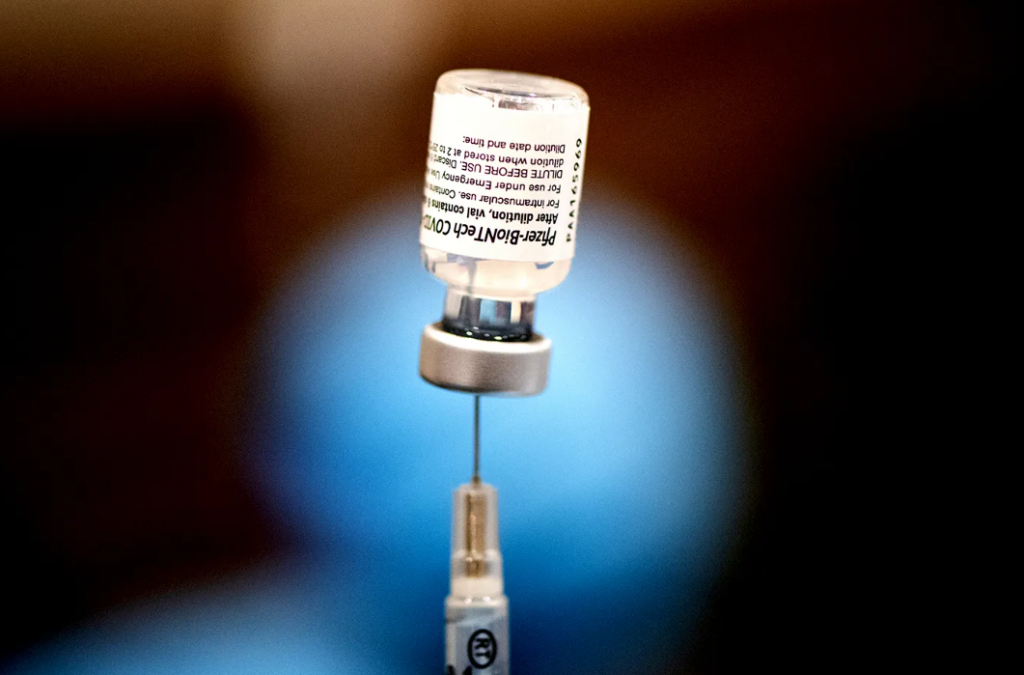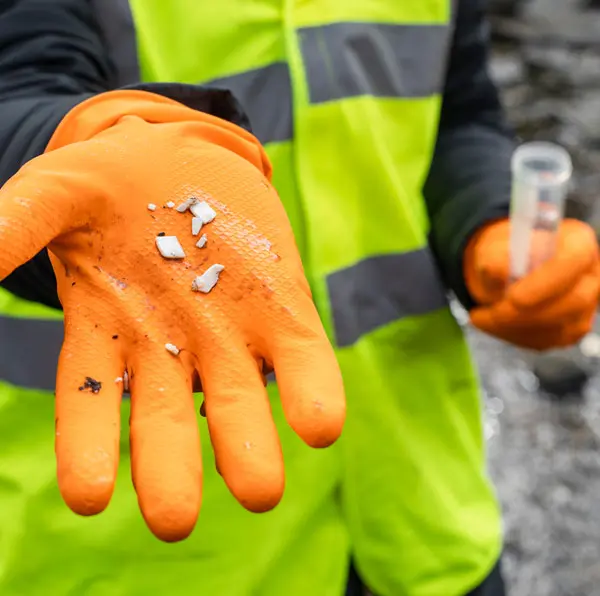YOU ARE BOUVÉ
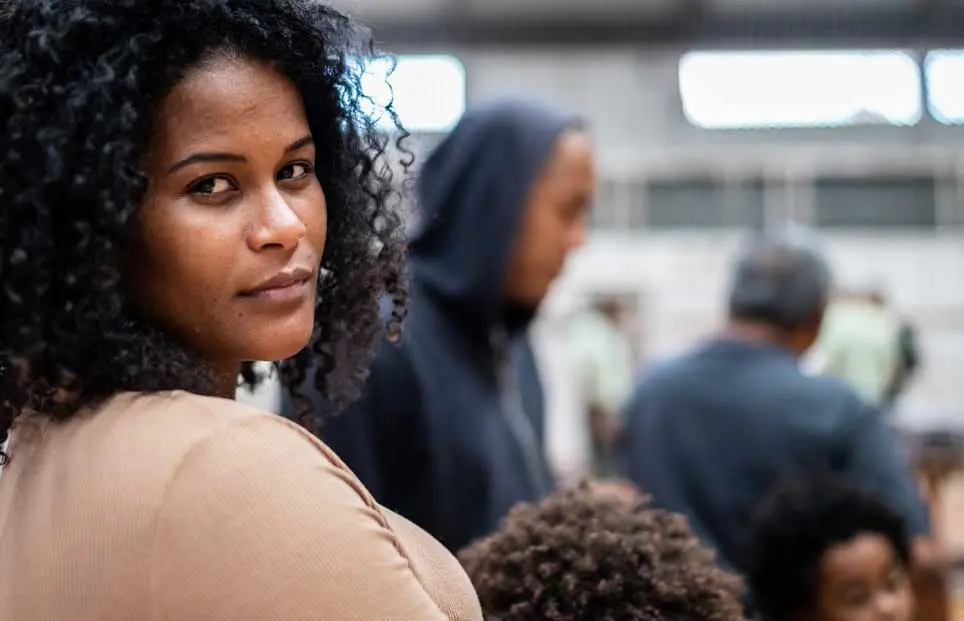
Our highly collaborative faculty have a wide array of expertise including in biostatistics, data science & computing; environmental health; epidemiology; global health; health communication, education & program planning; health economics, policy, and administration; health technology; and mental & behavioral health. Our research breakthroughs emerge from thriving partnerships with industry, other universities, and NGOs worldwide. Discover how the Department of Public Health and Health Sciences is making a real difference in peoples’ lives through a human-centered approach to public health.
Our researchers seek to improve the lives for individuals sthrough the advancement of clinical interventions rooted in cutting-edge science. Our interdisciplinary research falls under the below categories.
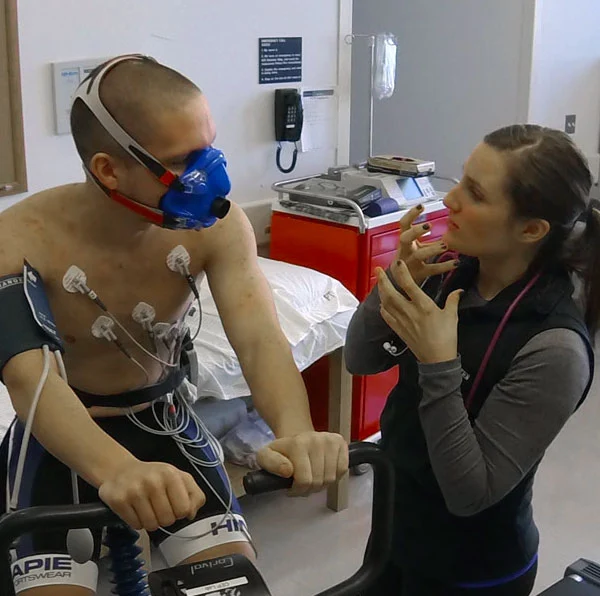
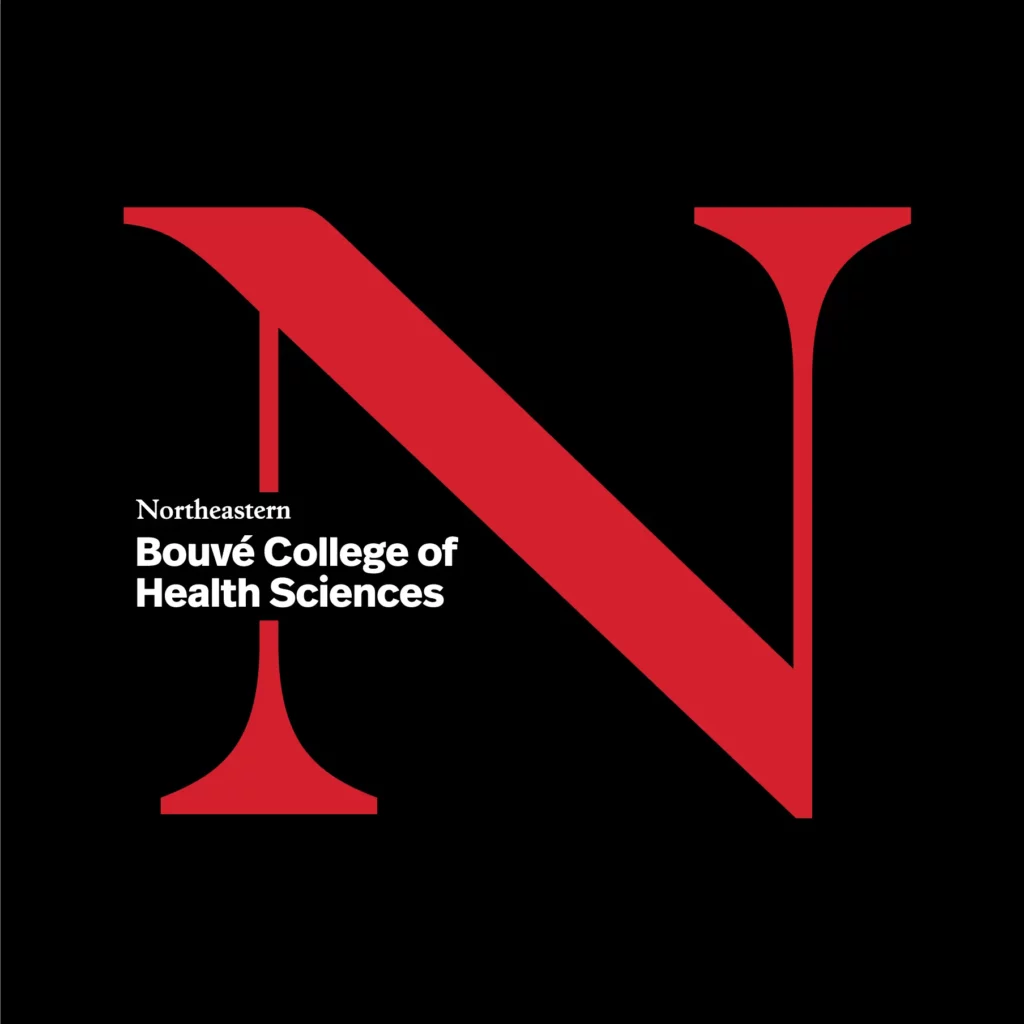
The laboratory is dedicated to applying the practical skills and cutting-edge research to evaluate the effects of exercise and physical activity on health, disease, and human performance.
The mHealth Research Group invents and validates systems, methodologies, and algorithms that use wearable and ubiquitous sensors, mobile phones, and advanced human-computer interfaces to support health and wellness research and practice. We aim to discover how to computationally measure, model, and detect health-related behavior to support just-in-time, persuasive health interventions.
The PFAS Project Lab studies multiple aspects of per- and polyfluoroalkyl substances (PFAS), including social discovery, scientific discovery, children’s immune responses to PFAS, state and federal government advisories and regulations, activism, manufacturer and retailer action to remove or reduce PFAS, and media coverage. The Lab is currently funded by an NIEHS R01, two NSF grants, and an NIEHS conference grant. The Lab runs large international conferences every two years and maintains a detailed database and map of contamination sites.
The Water Equity Team studies problems related to water resources, such as lack of affordability, access to water recreation, and consequences of floods in environmental justice communities. We are dedicated to community engagement and developing visions for improving local water resources and health that are consistent with inclusive, equitable, and sustainable development.
Rui Li, PhD
Carmen Sceppa, MD, PhD, FGSA
Human Performance and Exercise Laboratory
Stephen Intille, PhD
mHealth Research Group
Phil Brown, PhD
Per- and Polyfluoroalkyl Substances Project
Sharon Harlan, PhD
Laura Senier, PhD, MPH
Water Equity Team (WET) Lab
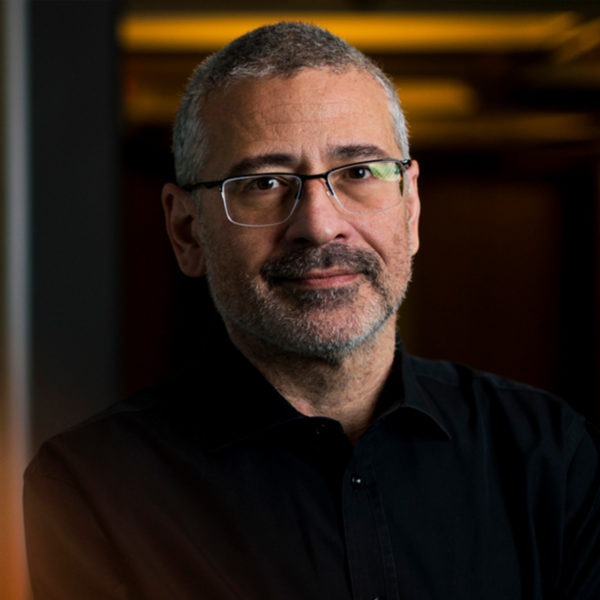



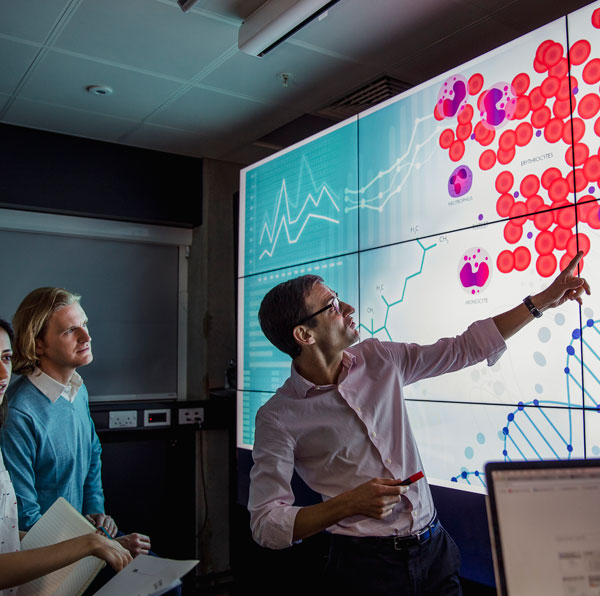
Our centers and institutes span a broad range of topics from health education and community health and services, to health policy, social justice and health equity, and the impact of the environmental factors on human health.
Donna M. Bright, Director
Center for Community Health Education,Research and Service
Gary Young, Director
Center for Health Policy and Healthcare Research
Alisa Lincoln, Director
Institute for Health Equity and Social Justice Research
Phil Brown, Director
Social Science Environmental Health Research Institute
CCHERS is a community-based organization that is a community/academic partnership established in 1991. The Center’s mission is to promote the development of academic community health centers that integrate education, research, and service; to influence and change health professions education; improve health care delivery; and promote health systems change to eliminate racial and ethnic disparities in health.
The Center’s mission is to foster and conduct interdisciplinary research addressing the cost, quality, and accessibility of healthcare services. Key research areas include measuring and improving quality of care, population health, cost and use of prescription medications, workforce issues in healthcare, improving the efficiency of healthcare organizations’ internal operations.
Disparities in health and mental health arise and persist as the result of complex individual, societal, and global factors. We bring together faculty and students from across Northeastern University, along with external research partners, to tackle these complex challenges. Our teams draw upon a wide range of research methods and interventions, but share a common commitment to promoting health equity and social justice through high-impact, community engaged research.
The mission SSEHRI is to conduct social science-oriented research, teaching, community engagement, and policy work in the area of environmental health. The Institute trains graduate students and postdocs for community based participatory research aimed at transforming and improving environmental health.
